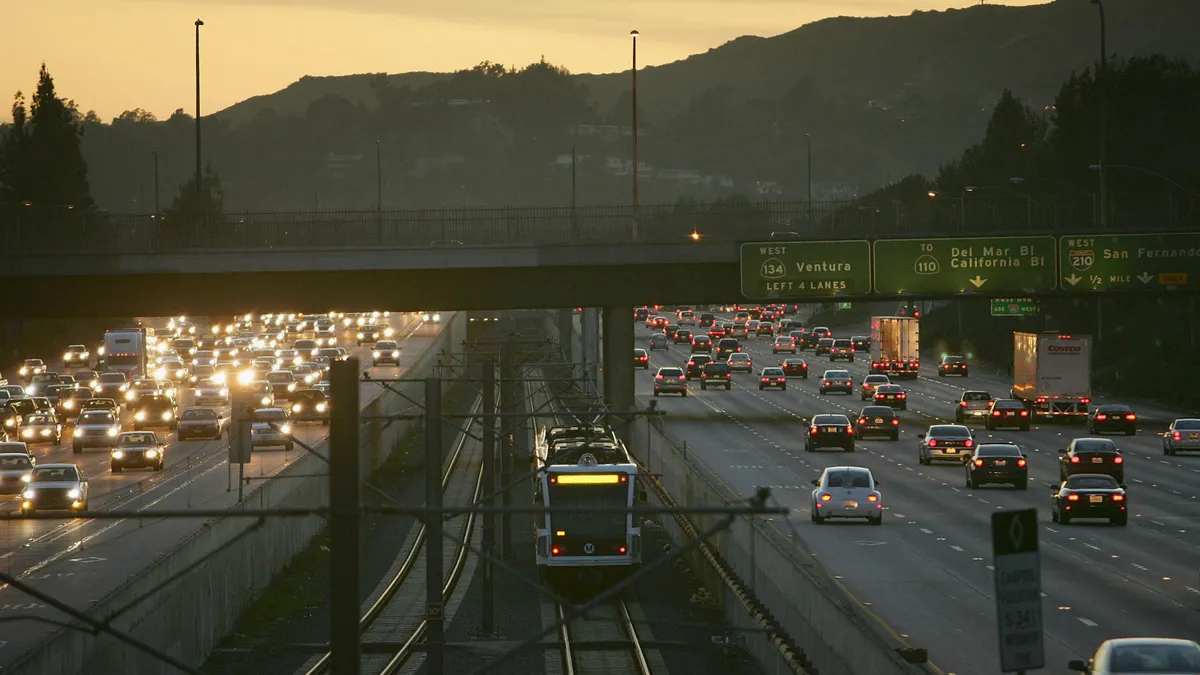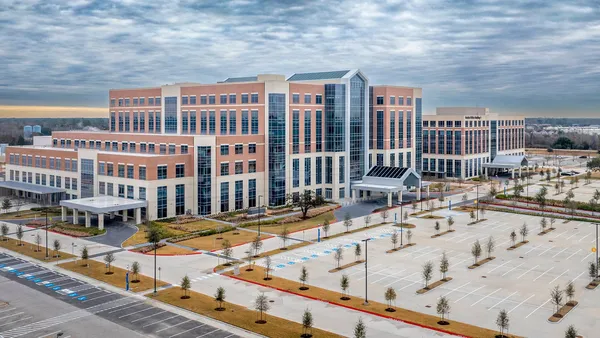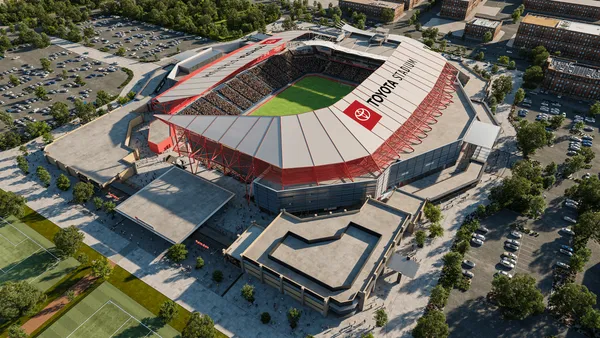Dive Brief:
- A $798 million, 3.2-mile Southern California light-rail project is going back to the drawing board after a lone bid from Omaha, Nebraska-based Kiewit came in “hundreds of millions of dollars” higher than expected.
- The Foothill Gold Line Construction Authority, which is overseeing the project to extend LA Metro’s A line into Southern California’s Inland Empire, said in a March 26 news release that it was canceling its current design-build procurement efforts to pursue a new plan.
- “Despite numerous efforts by the Construction Authority to collaborate, including making dozens of contract changes requested by Kiewit to reduce costs, Kiewit’s final bid remained hundreds of millions of dollars above expert estimates and available funding,” FGLCA said in the release. “As a result, it’s both impossible and inappropriate to move forward with their bid.”
Dive Insight:
Kiewit’s $994 million bid ran $350 million over the authority’s most conservative estimate for design and construction work, according to the Inland Valley Daily Bulletin. In a statement provided to Construction Dive, Kiewit said inflation had driven the increases, but also noted it was the sole bidder on the project.
“Appreciating there is a reason we were the sole bidder as part of this most recent design-build contract, we worked transparently with the Authority to discuss construction, supply chain and subcontractor/vendor costs, and identify cost-savings opportunities,” the company said in the statement. “This included comparing data with one of the Authority’s third-party estimators during the process as costs increased due to inflationary issues.”
Prior to making its decision, the authority had called on Ken Simonson, chief economist of the Associated General Contractors of America, for his views on the current construction environment.
Authority CEO Habib Balian described the meeting as “sobering,” according to the Daily Bulletin, as Simonson highlighted the impacts of President Donald Trump’s tariffs driving up material costs and the administration’s immigration policies putting upward pressure on construction wages.
After Trump’s sweeping “Liberation Day” tariffs put new construction projects at risk and sent stock markets plunging on Thursday, Simonson said he expected those factors to keep influencing contractors’ estimates going forward.
“The uncertainty and all the increases have led contractors to either pull back from bidding or to put in higher bids to cover the risk that they're going to face, the even-higher costs, when they actually go to buy that material,” Simonson said.
He said light-rail projects may be particularly at risk, given 25% tariffs on steel.
“Light rail — the name practically tells you — they use a lot of steel,” Simonson said. “And a lot of copper.”
The section from Pomona to Montclair is part of the larger, $1.5 billion Foothill Gold Line extension, which covers 9.1 miles of new track and four new stops.
A joint venture of Kiewit and Chantilly, Virginia-based Parsons won that contract in 2019, then at a price of $805.6 million. The projects’ intent is to ease commuting and vehicle trips between the more affordable communities of California’s Inland Empire and jobs in Los Angeles.
In its release about the rejected bid, the authority said it will continue to pursue options for the final portion of the project. It plans to issue a new request for proposals in June under a construction manager at risk delivery framework, which would split out the design and build portions of the project.
“The board believes this is the best approach to put available dollars to their best use and prioritize efficient construction,” the authority’s statement said.













